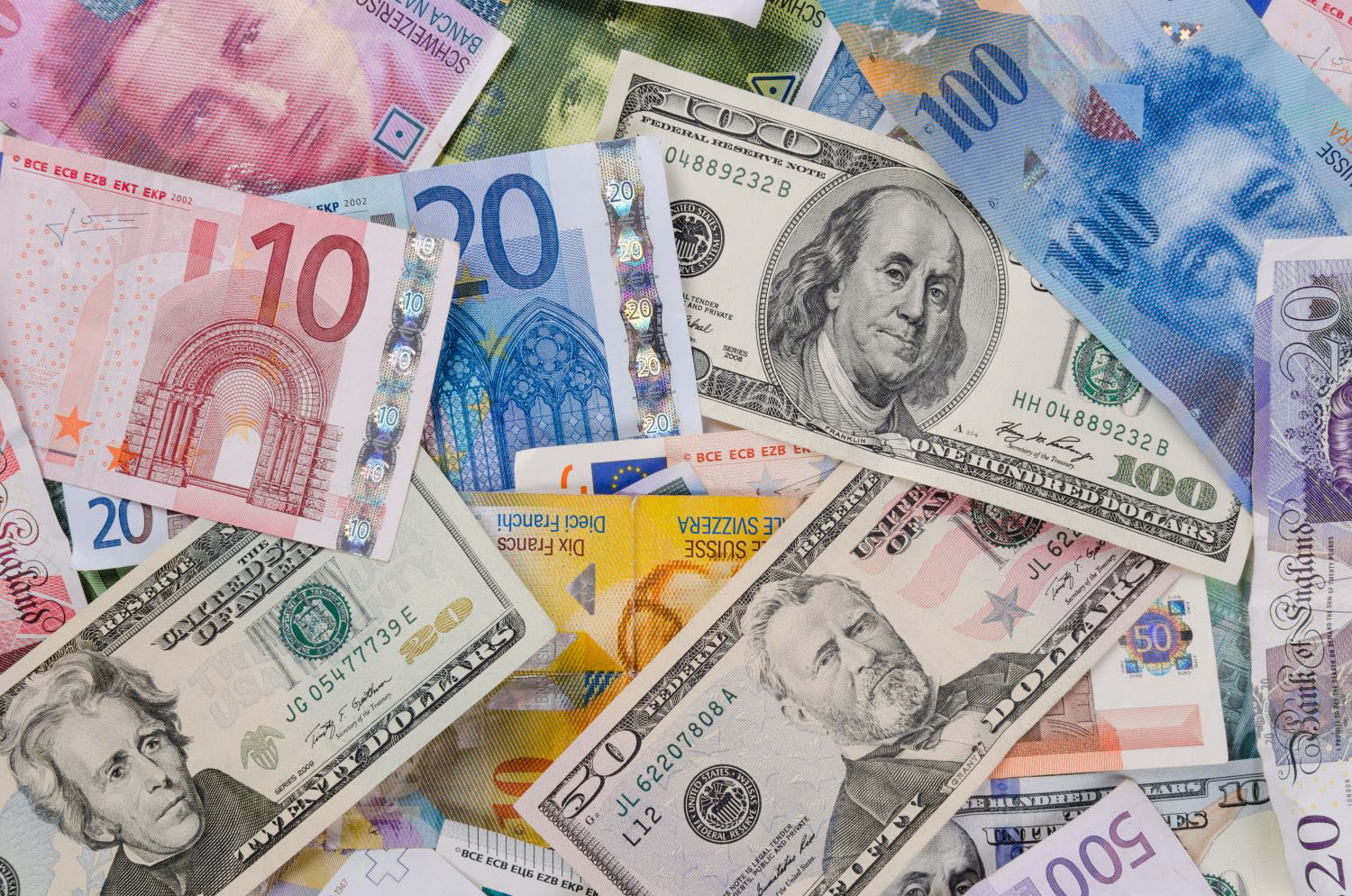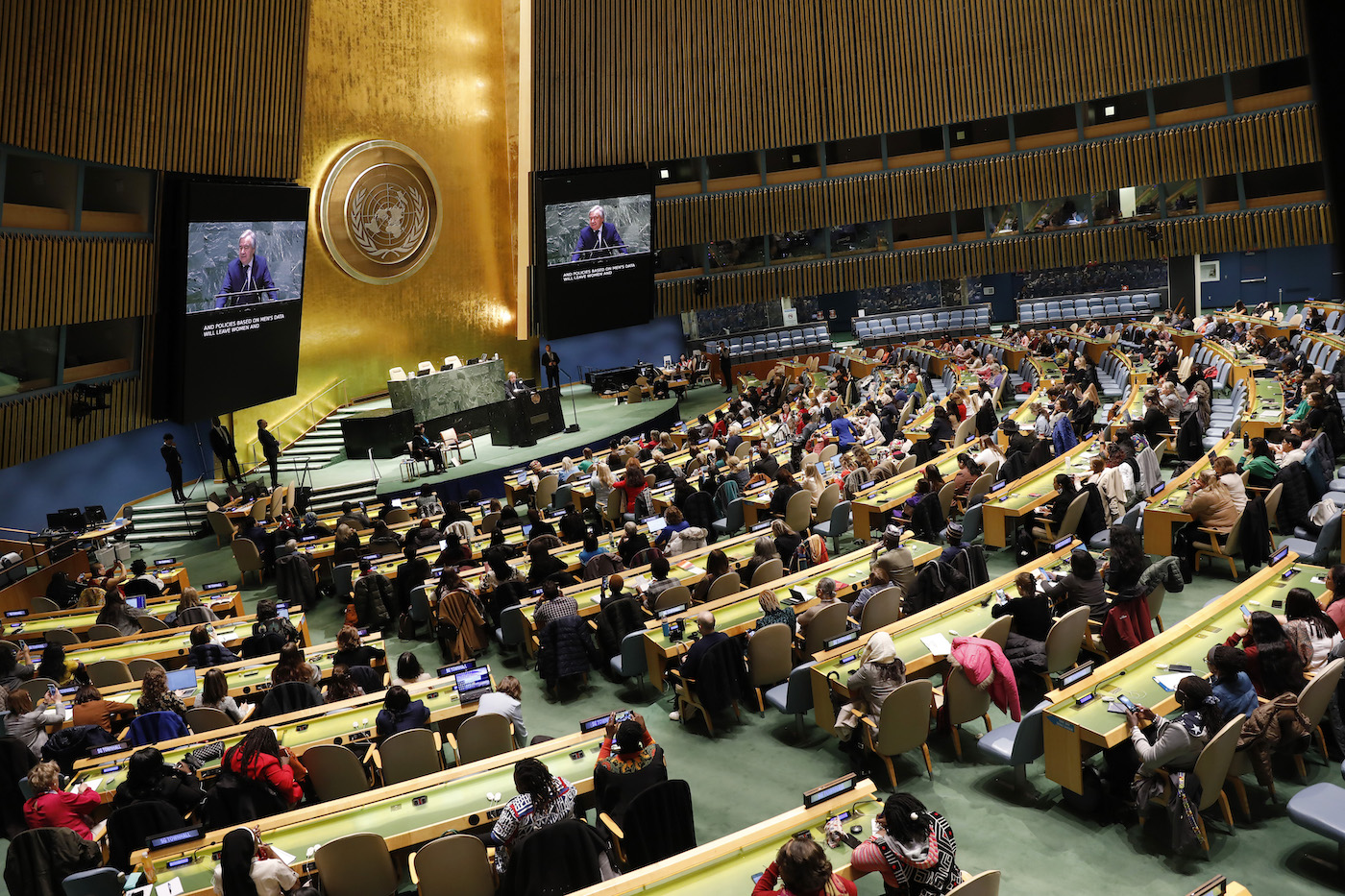Next week, President Obama will head up to New York to deliver two speeches to the General Assembly. One will be the "standard" once-yearly address at the opening of the new Assembly Session. The second will focus on the UN Sustainable Development Goals, a fifteen year vision of development progress from ending extreme poverty to halting biodiversity loss that will be adopted by the largest ever gathering of world leaders.
Does It Matter If We Don’t Achieve the SDGs? – Podcast with CGD's Nancy Birdsall and the ONE Campaign's Michael Elliott
Thanks to the active (and inclusive) engagement of US negotiator Tony Pipa and his team in the negotiation process for the Goals, the President will arrive in New York with considerable credibility and capital to discuss targets for global progress and America’s role. Here are some points I’d love to hear him make:
Celebration: The last fifteen years have witnessed more development progress than any previous decade and a half. Not least, extreme poverty rates have halved, and Africa has seen unprecedented drops in child mortality. Billions of people are living healthier and safer lives with more opportunities than ever before.
Globalization: The progress we have seen would have been simply impossible without the global movement of goods, finance, technology and people. The most rapid decline in extreme poverty ever is a story that has a central role played by trade and backed by foreign investment. The massive strides in child health are in part thanks to the spread of vaccine technologies, and that is in part thanks to aid. And the incredible development of India’s $100 billion IT sector, alongside a considerable number of African export successes can be traced back to people moving, making contacts and building business relationships. Growing globalization hasn’t just been good for the world, it has been great for America. Most US exports now go to developing countries, for example. No caveats: continued globalization is vital for future progress the planet over.
Multilateralism: Global trade is underpinned by the World Trade Organization. The International Monetary Fund and World Bank played central roles in ensuring the 2008 crisis didn’t turn into a second global Great Depression, derailing progress against poverty. In an agenda that calls for no one to be left behind, efforts to stabilize fragile countries are vital – and in that regard, United Nations peacekeeping works. It is one big reason why the global toll from conflict is close to historic lows. The Ebola crisis showed how much we need an effective World Health Organization. Without recommitment to multilateralism, the world will be a much poorer, sicker and more violent place than it has to be, and goals to end poverty or avoidable child deaths will remain dreams.
Humility: We still have a way to go. Millions of children still die from easily preventable conditions each year. Hundreds of millions still live on incomes less than one tenth the US poverty line and the great majority of the planet on less than half the US poverty line (which is about $24,000 for a family of four). At home in the US, some still live on incomes that (were it not for safety net support like Food Stamps) would classify them as part of the global poor by international standards – less than $2 a day. The US can learn from the rest of the world – from the role of cash transfers in reducing poverty through the impact of universal preschool on inequality to greater transparency about the efficiency of government.
Action: The US was the driving force behind the creation of the UN and other international organizations. They remain vital to US national security, prosperity and wellbeing. The President should commit America to do all that it can to help make them fit for purpose to deliver on promises of global progress. Strengthening international institutions starts with governance reform. The President should welcome the move towards a more transparent and open process for selecting the next UN Secretary General and promise to fulfill the US commitment to an open, transparent, merit-based process for the heads and senior leadership of all the International Finance Institutions. He should make clear he will not let domestic squabbles stand in the way of expanding the capacities of the UN family of agencies including IMF and World Bank and commit to fighting the special interests at home that stand in the way of multilateral trade and tax agreements that are good for America and the World. The President should make a clear statement that America will not build walls on its borders, but welcome the world to truck and barter, teach and learn, and collaborate on ventures from vaccine development to clean energy technology. And at home, he should commit to ensure that everyone can benefit from the immense opportunities presented to US citizens by a richer, healthier, more peaceful planet – to exchange, invest and travel for pleasure, study and work.
Recommitting to the fight for inclusive globalization would be the most important action the United States could take to help the world achieve the kind of progress laid out in the Sustainable Development Goals. It is probably the most important action to ensure a prosperous future for the US, as well. The President should use his UN address to launch that effort.
Disclaimer
CGD blog posts reflect the views of the authors, drawing on prior research and experience in their areas of expertise. CGD is a nonpartisan, independent organization and does not take institutional positions.





